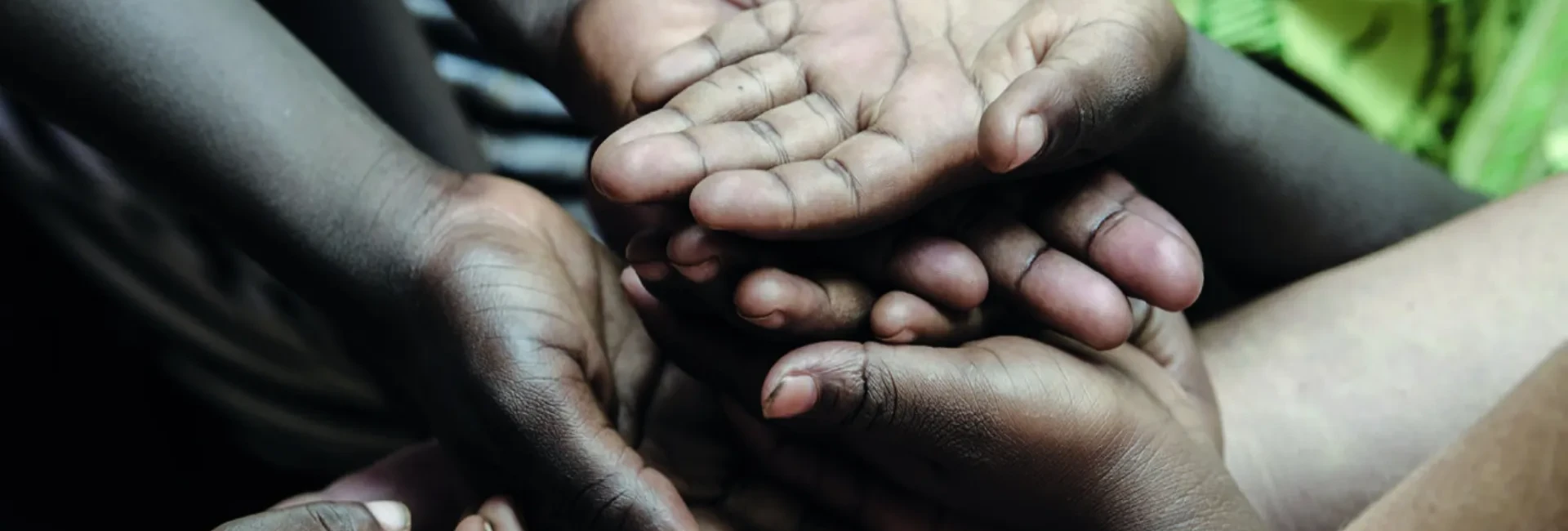Our commitment to improve people’s quality of life extends beyond the areas in which we operate. We want to relieve the suffering of patients with respiratory and neonatal diseases in countries where we do not commercialise our products, or where access to quality healthcare is not always guaranteed.
The Chiesi Foundation is a testament to our social responsibility.
Founded as a non-profit organisation in 2005, the Foundation is active in international healthcare cooperation, and is mostly active in developing countries by providing technical support and capacity building for healthcare workers and delivering a package of innovative and sustainable technologies for health facilities.
The Foundation is particularly focused on improving neonatal and respiratory health, leveraging on the expertise of our Group.
Our Project
We promote initiatives in the field of scientific research and international cooperation, developing our own projects and making contributions to universities, research centers, hospitals, foundations and other organizations in the fields of neonatology and pulmonology.
Our main objectives are the development and dissemination of specific diagnostic and clinical skills for the management of chronic respiratory diseases and the reduction of neonatal mortality through the improvement of the quality of care for newborns.
The NEST project aims to reduce neonatal mortality (0-28 days) in particular of morbid, premature or low birth weight infants. The approach adopted is specific to each context that is faced, since the target group of countries includes territories with different health structures and different levels of financial and human resources.
Training programs on essential care for the newborn aimed at local health personnel, training highly specialized health figures.
Preparation of neonatology wards, with resources, organizational methods and basic medical instruments appropriate to the local context.
Dissemination of protocols and guidelines on basic care, in accordance with international recommendations and standards.
The GASP Project promotes medical training in the respiratory field by focusing on the development of a model of specific diagnostic and clinical skills for the management of chronic respiratory diseases, with particular reference to asthma and chronic obstructive pulmonary disease (COPD). The aim is to transfer the acquired know-how to other low-income countries as well
The three-year pilot initiative was implemented in Guyana and led to the creation of the country’s first spirometry laboratory for the screening of these diseases and the development of a training program for the management of chronic respiratory diseases aimed at local staff, patients and their families.
To monitor and measure the impact of the project, the Chiesi Foundation launched IMPULSE, with the aim of generating evidence on effective methods and tools to improve the availability, quality and use of neonatal data in sub-Saharan, so as to contribute to improving the health and well-being of newborns admitted to neonatal units.
The research aims to generate evidence on effective and sustainable tools and methods to improve the availability, quality and use of neonatal data in sub-Saharan Africa and, in doing so, contribute to improving the health and well-being of every newborn, particularly of small and sick infants admitted to hospital.
Project under development in the countries of Ethiopia, Uganda, Tanzania and the Central African Republic.






